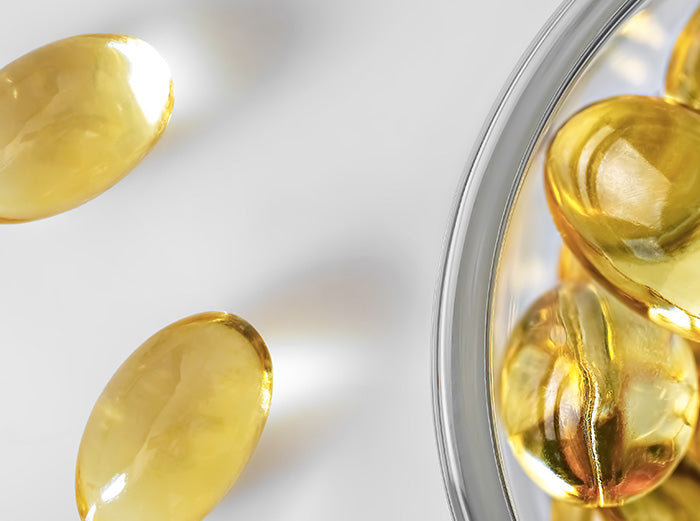Dietary iron is a vital element for good health. This mineral plays an essential role in the formation of red blood cells and the transport of oxygen in the blood to the organs. A lack of iron (anemia) results in severe fatigue and weakness during exercise.
Certain populations are more at risk of iron deficiency (young people who are growing, menstruating or pregnant women, vegetarians and vegans). For athletes, maximum aerobic performance requires optimal blood iron levels.
Types of dietary iron
The bioavailability of dietary iron varies depending on its chemical form and origin.
Dietary iron comes in two forms:
- Ferrous iron (Fe2+)
- Ferric (Fe3+).
Ferrous iron (heme iron, from animal sources) is better absorbed. Ferric iron (from non-animal, non-heme sources) is less bioavailable. It will need to be combined with absorption boosters such as vitamin C for it to be absorbed effectively.
Among iron salts (Bisglycinate etc.), Iron Pidolate has good bioavailability and low incidence of gastrointestinal disturbances when used as a dietary supplement.
The role of iron and symptoms of deficiency
Dietary iron plays a crucial role in the formation of hemoglobin, a protein needed to transport oxygen in the blood.
Iron deficiency can lead to anemia, characterized by a reduction in the blood's ability to carry oxygen. Common symptoms include:
- Fatigue
- Weakness
- Concentration problems
Maintaining adequate dietary iron intake is essential for optimal health: this primarily concerns compensating for blood loss and/or increasing blood volume (pregnant women or young people who are growing).
Foods rich in iron
There are 2 sources of dietary iron.
Dietary iron can be obtained from 2 sources:
- Hemins (animal products: red meats etc.)
- Non-heme (seeds, green vegetables, spinach, etc.).
In the latter case, the association with absorption facilitators such as vitamin C is particularly useful: the assimilation of ferric iron can be multiplied by 3 or 4 in the presence of vitamin C.
The contribution of dietary iron to nutrition
Iron is essential for health , particularly for blood function and oxygen transport. It is essential to raise awareness of the importance of iron intake in the diet.
Particular attention should be paid to groups most vulnerable to anemia, such as young people who are growing, menstruating and pregnant women, as well as vegetarians and vegans. It is important to consider non-heme iron, the absorption of which can be improved by combining it with "facilitators" such as vitamin C.
 04 74 03 98 80
04 74 03 98 80









